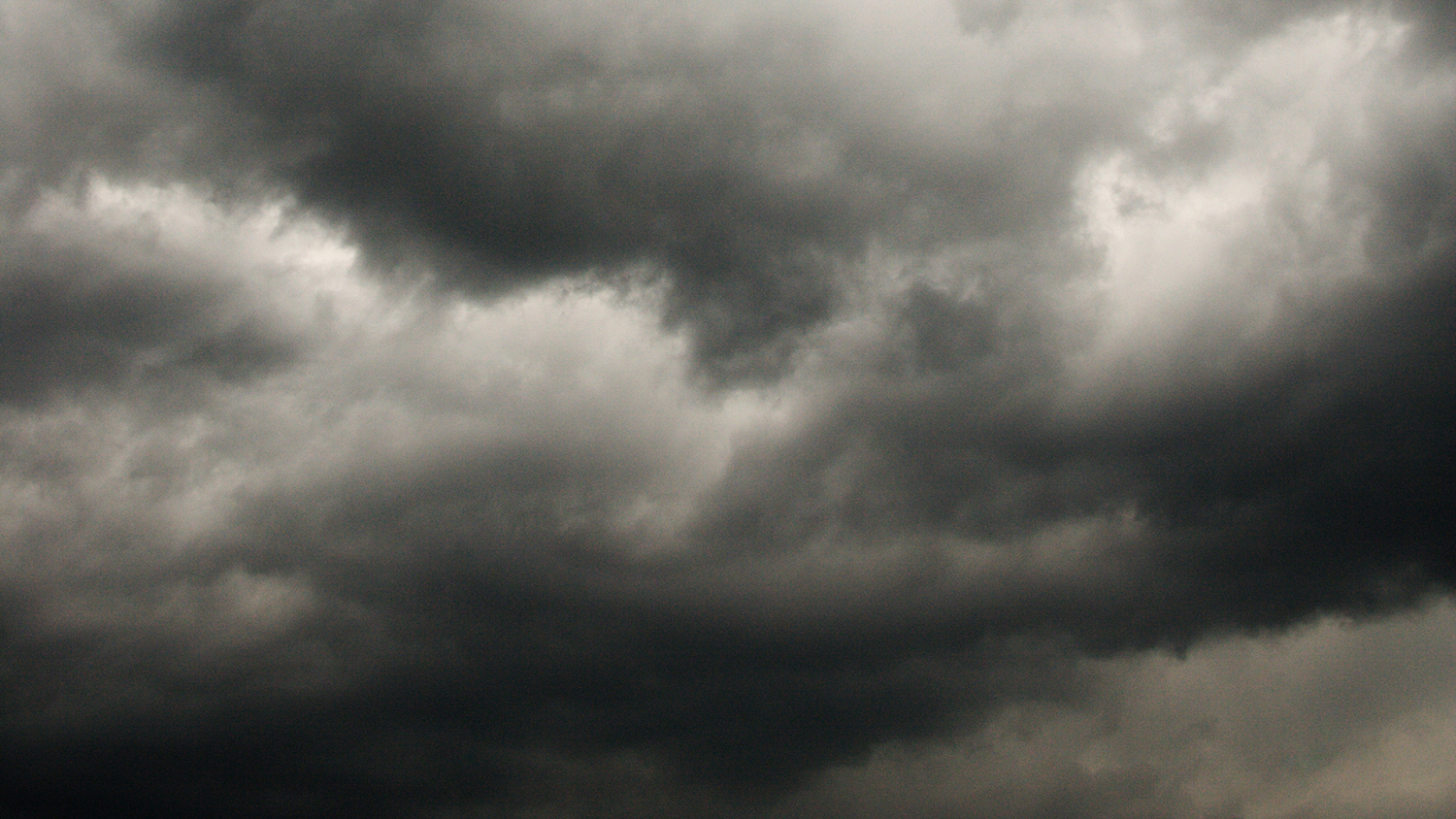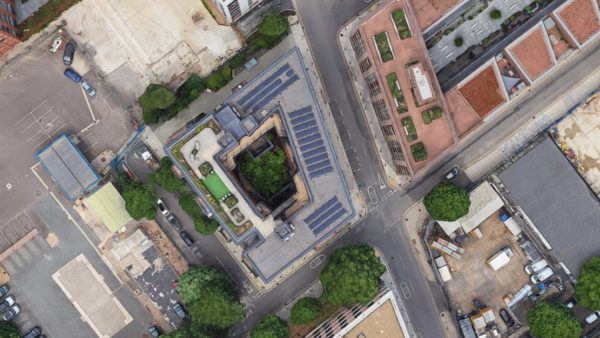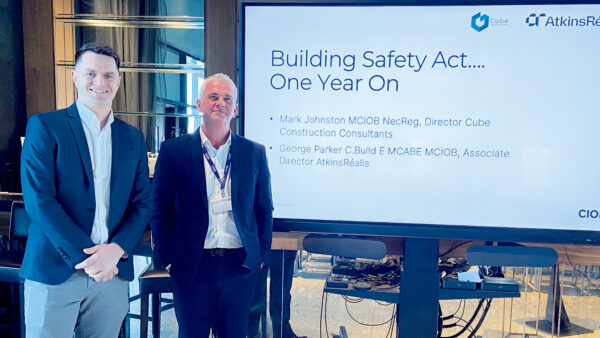
This month’s contract clinic question comes from a contractor who was constructing an office building when Storm Henk struck, causing significant damage to the half-built facility. Paul Gibbons and Richard O’Brien explain how this is handled by standard contracts and insurance policies
The question
The recent storms have damaged an office building we were constructing. How does our contract deal with this, and can we claim on insurance?
The answer
This fundamentally comes down to several key questions. First, what does your contract say? Second, would any insurance policies respond to it? Also, could the damage have been reasonably predicted, what damage has arisen, and what steps had (or should have) been taken to mitigate against the damage?
Under standard contracts, there are a few things that tend to come up. Your contract will need to be reviewed to identify what circumstances exist in each. The likelihood is that the contract will allow an extension of time for relevant issues. You may also be entitled to money, depending upon what the contract says.
Examples of clauses that may help include:
- Exceptionally adverse weather. Would the conditions that led to the damage be reasonably classed as exceptionally adverse? This is slightly subjective, but the conditions would need to lie outside ‘average’ expected conditions.
- Damage caused by ‘specified perils’. In this case, you may need to see if an exceptional storm or similar event is mentioned as a ‘specified peril’ in the contract.
- Force majeure. This again, can be a little subjective, and will be subject to a test around whether the incident or weather could have been foreseen. A common example of force majeure debated in recent years was the Covid-19 pandemic. Before the pandemic, some argued that it was so exceptional that no one could have predicted such an event. Yet it would be hard to argue now that a pandemic is unforeseeable.
Another consideration may be your insurer. Does the project have in place a policy that might help recoup any of the losses incurred by the event? The fundamental question of whether storm damage to a construction site is covered under insurance is fairly straightforward. In short: yes, it is typically an insured peril. However, beyond this, there are other areas of concern, as follows.
Physical damage to the works
Insurers will require proof that a storm occurred. There is no specific limit upon which it is deemed a storm occurred, such as wind speed. However, as with the ‘exceptionally adverse’ term noted above, insurers would not pay a claim that was from standard weather patterns, for example, if materials were left in the open overnight that were damaged by rainfall.
It should always be noted that the insurance of the works should be set up to reflect what is agreed in the building contract, for example, JCT. A contractor’s annual construction all-risks policy will not respond if the contract stipulates that the employer is responsible for covering the works.
Project delay resulting from a storm
This is more problematic. Delay due to insured incidents can be covered under delay in start-up policies (DSU).
However, actually evidencing the delay caused by smaller incidents can be complex. For example, a project may already be delayed for a myriad of reasons and quantifying the loss due to the storm can be difficult to unpick, as well as the actual loss that is suffered. If a developer is selling the completed build, does the loss include additional interest payments on financing? If several houses have been built, how can the developer know when they would be sold following practical completion?
Damage to third-party property or personal injury
There is often a misconception that if, for example, a tree blows down on to a neighbouring property there would be some liability against the property owner. This is often false as it would be regarded as force majeure.
However, if a serious incident occurred, for example, scaffolding blowing down and injuring passers-by, a claim may be sought if it was deemed that the scaffold was erected without due care. In this instance the public liability insurance of the contractor would defend and ultimately pay any valid claim.
Ultimately, the answer to this question is a combination of checking the detail of your contract, potentially a need for expert advice in the case of complex issues, and referring to your insurance policy and broker. Often, the easiest place to start may be a candid conversation with the employer to identify how much can be dealt with informally, with reference to the various requirements of policies and contracts.
Paul Gibbons is chief executive and founder of Decipher – A DeSimone Company, and Richard O’Brien is managing director of Ross-Gower Insurance Brokers.
Comments
Comments are closed.












Useful information, thanks